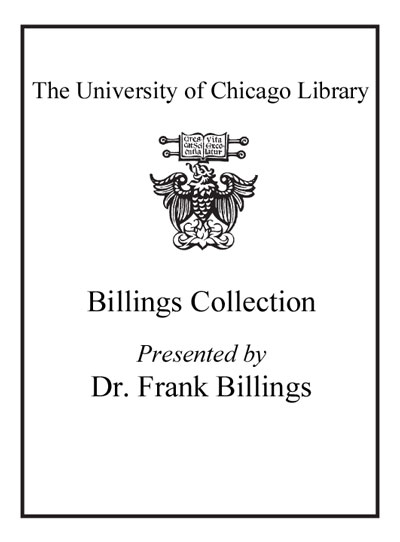Review by Choice Review
Pence (Univ. of Alabama) argues that bioethics has embraced too much of the parentalism and conservatism that characterize medicine, and advocates a libertarian alternative. Patients and families should be free not only to refuse unwanted treatment but to select virtually any current or future treatment that is technologically possible. Emerging therapies, e.g., gene therapy, should be available as technologies for trait enhancement, not just to treat disease. Whether Pence believes that such choices should be enabled solely by private market purchase (as with most cosmetic surgery today) or through entitlements (or third party payment) is not always clear; his philosophical arguments support the former, but he occasionally appears rhetorically to advocate the latter. Chapters provide thorough and persuasive arguments for rethinking economic incentives for organ donation, providing optimal autonomy for reproductive decision-making, and other controversial positions. Less clear and persuasive are arguments presented in chapters that address parents' rights to trait enhancement of future children and human cloning. Whether or not one agrees with his arguments, Pence challenges stale thinking. At the very least, the development of careful responses to his positions should help to clarify thinking on the issues that he addresses. General readers; upper-division undergraduates through professionals. L. A. Crandall; University of Miami School of Medicine
Copyright American Library Association, used with permission.
Review by Booklist Review
Pence, no newcomer to the quicksands and stonewalling of contemporary bioethics (Who's Afraid of Human Cloning? and Flesh of My Flesh, both 1998), puts major problems in contemporary medical ethics on solid, practical ground and, with facts and humor, pierces the barriers thrown up by the single-minded philosophers and clinicians who practice outsider and insider ethics. Those philosophers argue that medical ethics should answer to a general theory, whereas those clinicians are seeking what is ethically acceptable in specific cases. Should organ donors expect cash compensation? Pence explores several viewpoints and asks probing questions that will make adherents on both sides uncomfortable. Should research be done on embryos? Well, is an embryo a human being, does it feel, and where does it come from? Does the new genetics permit both "correction" and "enhancement," and on what grounds? Should we get a synonym for cloning, which is now more a land mine than a scientific term? Should genes be patentable? Pence doesn't just cover the subjects broached by those questions; he illuminates them. --William Beatty
From Booklist, Copyright (c) American Library Association. Used with permission.
Review by Publisher's Weekly Review
Pence argues concisely, if sketchily, for increasing the pace of medical progress in areas where he believes ethical issues are unnecessarily slowing the way. Some topics discussed by Pence, who teaches medical ethics at the University of Alabama-Birmingham medical school, are more controversial than others. No doubt few will find fault with his call for greater patient control over medical records in cyberspace, and many Americans have already accepted the moral permissibility of in vitro fertilization and even of payment for surrogate mothers. On topics such as these, Pence seems to be merely mopping up, seeking to quell remaining doubts. But he goes on to take more contentious positions: advocating payment to families for their dead relatives' organs, or endorsing cloning and genetic enhancement of children. Pence does a good job of undermining weak arguments: he notes, for example, that critics hold new techniques of reproduction to "Olympian standards" of virtue and safety from which the old sexual one is generally exempt. Yet he blithely ignores some arguments that many find equally compelling. For example, he dismisses the premise that "loss of human embryos morally matters" without even engaging the case that it does. Further, he displays a philosophical bad habit he himself denounces, that of overlooking one's "first step." Thus he takes for granted, and does not bother to defend, the truth of utilitarian ethics and the coherence of a distinction between public morality and private theories of the good. For readers who accept those premises, Pence may be persuasive; for others, he misses the deepest objections. (May) (c) Copyright PWxyz, LLC. All rights reserved
(c) Copyright PWxyz, LLC. All rights reserved
Review by Choice Review
Review by Booklist Review
Review by Publisher's Weekly Review


